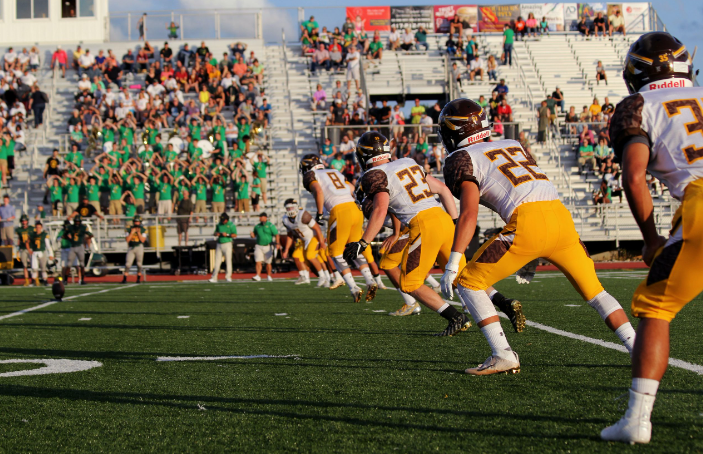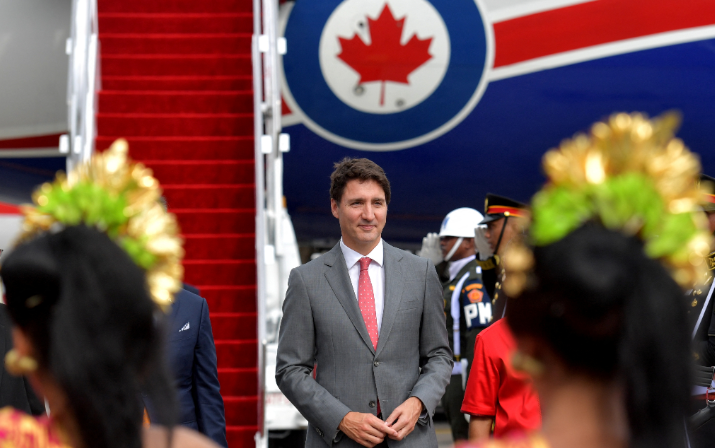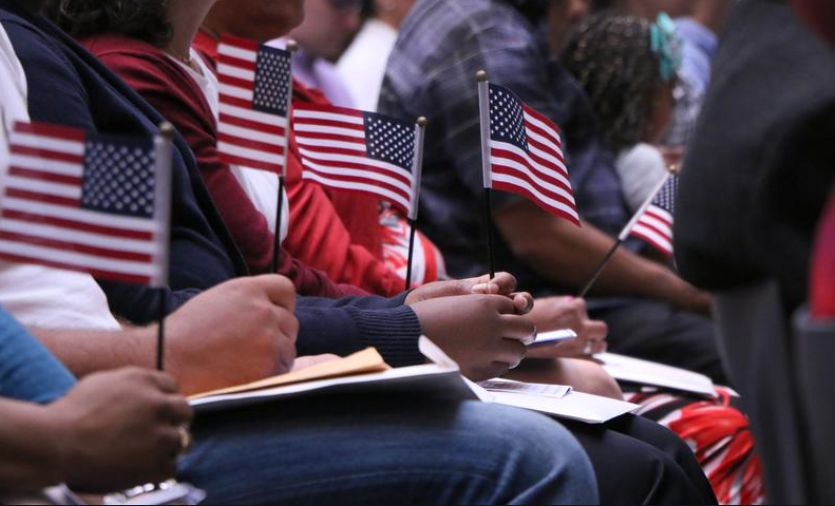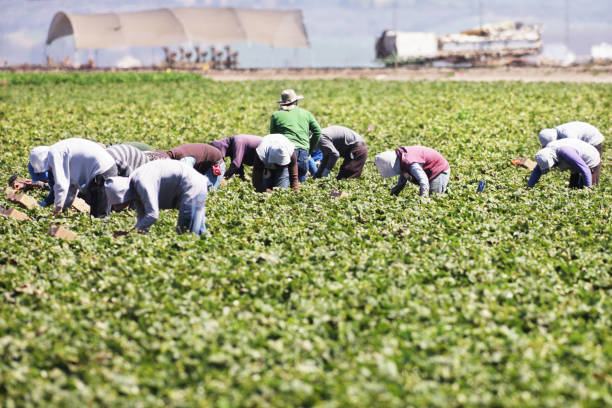20 State Universities Offering Football Scholarships in the USA – Educational Opportunities
In universities that offer football scholarships, imagine the roar of the crowd as you lead your team down the field for the winning touchdown. The thrill of victory, the camaraderie with your teammates – it’s a feeling unlike any other. But for many aspiring football players, the dream extends beyond the stadium lights. They crave … Read more









